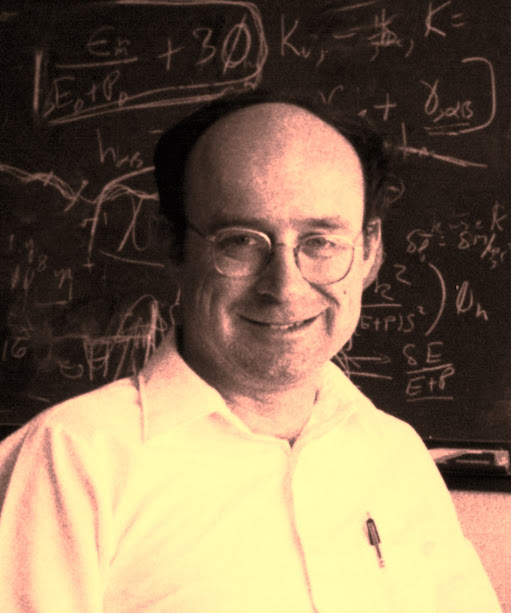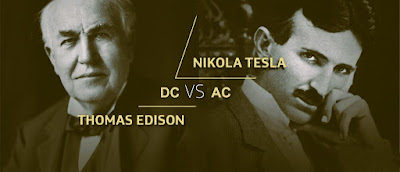The First Person to Win the Nobel Prize in Physics: Wilhelm Conrad Roentgen
The invention of X-rays:
- Roentgen discovered X-rays by accident on November 8, 1895, while doing research with cathode rays.
- He found that a fluorescent screen in his lab started to shine even though it was not directly in the line of the cathode rays.
- Roentgen discovered a new sort of penetrating radiation, which he named X-rays due to its unknown nature.
X-ray Properties and Applications:
Roentgen studied X-rays extensively and discovered that they could pass through various materials, including human tissue. He found that X-rays could provide pictures of the inside structures of things, including human beings, opening the path for medical imaging procedures to be developed. Roentgen's findings had a significant influence on medicine, industry, and scientific study.
Legacy and Recognition:
- Roentgen received the Nobel Prize in Physics in 1901 for discovering X-rays, making him the first laureate of this coveted Honor.
- His contributions created the groundwork for radiography, which revolutionized medical diagnoses and treatment.
- X-rays began to be widely employed in a variety of applications, including the detection of fractures, tumors, and other anomalies in the human body.
- Roentgen's contributions to science and medicine have had a lasting influence, and his discovery is regarded as one of the most significant milestones in the history of physics.
- Roentgen continued to perform research in several aspects of physics after discovering X-rays, including the study of cathode rays and their characteristics.
- He taught at several institutions and conducted experiments on a variety of issues, including the physics of electromagnetic radiation.
- The unintentional discovery of X-rays by Wilhelm Conrad Roentgen revolutionized medicine and scientific imaging. His contributions and research have had a long-term influence on our understanding of radiation and its uses in numerous industries.
.jpg)



Comments
Post a Comment